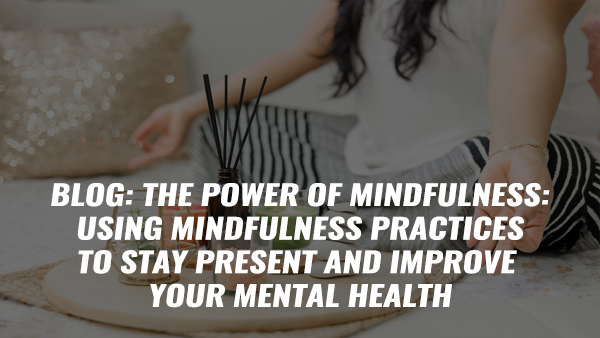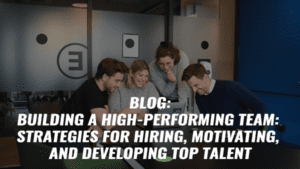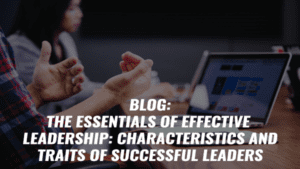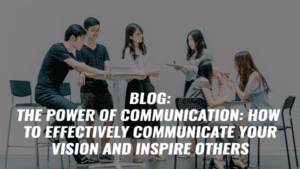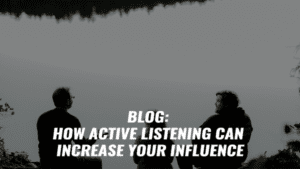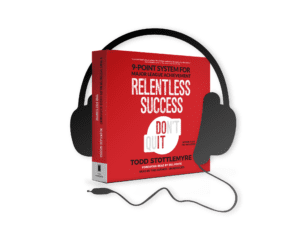Introduction
The field of mindfulness is a buzzword. It’s everywhere you turn. There are hundreds of articles on the topic and even more books. But what exactly is “mindfulness”? And how can it improve your mental health? The following article will discuss the power of mindfulness, how it works on our minds, and what its benefits are to those who practice it.
What is mindfulness?
Mindfulness is the practice of being aware of what is going on in the present moment. It’s a way to help you focus on the present, rather than getting caught up in your thoughts or emotions. Mindfulness can be practiced by sitting quietly, focusing on your breath as it goes in and out of your body; walking mindfully through nature; or doing yoga poses that center on awareness (like chaturanga).
Mindfulness has been shown to improve mental health by helping people manage stress better, deal with anxiety more effectively, improve their relationships with others–and even lose weight!
What is being present?
Being present means being aware of your surroundings.
It means being in the moment, experiencing what’s going on around you as it happens.
It also means being mindful of your emotions and thoughts–whether they’re positive or negative–and how they affect your body.
The power of mindfulness
Mindfulness is a practice, not a skill. You can’t be mindful for five minutes and expect it to stay with you forever. Mindfulness is about being present and aware of the present moment–and your thoughts and emotions. It’s about being able to observe what’s going on around you without judging yourself or your experiences; it helps us become more resilient when things don’t go our way or when bad things happen (like getting laid off).
How do you stay present?
- Become aware of your surroundings.
- Become aware of your thoughts and feelings.
- Be aware of your body, especially any physical sensations that arise during meditation or other mindfulness practices (like warmth or tingling).
- Focus on one thing at a time — don’t try to do multiple things at once!
Learning how to practice being mindful
Mindfulness is a practice, and it takes time and effort to master. The more you practice, the better you get at staying present in your life. But once you’ve learned how to stay in the moment while doing everyday tasks like washing dishes or brushing your teeth (which I’ll talk about later), it becomes easier to apply mindfulness throughout your day-to-day activities.
Mindfulness isn’t just something that happens on its own; it’s something we have to actively choose every day. If we want our mindsets–and therefore our lives–to change for the better, then we need make an effort every day toward this goal by practicing mindful living techniques like meditation and deep breathing exercises (also known as “breathing exercises”).
Using mindfulness practices to stay present and improve your mental health
You can use mindfulness practices to stay present and improve your mental health.
The first step is to learn how to use mindfulness practices effectively. The following are some suggestions:
- Mindfulness meditation involves sitting quietly, focusing on your breath and body sensations, and letting go of any thoughts or emotions that arise during this time period (usually between 5-30 minutes). This practice allows you the opportunity to take a break from the hustle-and-bustle of everyday life in order to gain clarity about what’s going on inside yourself at any given moment. Even if you only have 5 minutes available each day for meditation practice, it will still be beneficial!
- If you’re not sure where or how exactly one might begin with these sorts of activities–or even if they sound like something worthwhile doing at all–consider trying them out with an instructor who can guide them through the process first before attempting them alone later down the road when more experience has been gained under one’s belt (or whatever else might serve as metaphor here).
Some of the ways to be present are different than you might expect them to be.
There are many ways to be present, but some of them are different than you might expect. For example, you can use your senses to be mindful. If you’re walking around the neighborhood, pay attention to what’s around you: the trees and other plants, birds singing in the trees, sounds of cars passing by or people talking on their phones as they walk by. You can also focus on the present moment by noticing how each step feels when it hits the ground; if there’s an ache or pain somewhere in your body; whether or not it feels warm out today (or cold); what kind of clothes feel good against your skin as they brush against various parts of your body as they move with each step–even if those clothes are just jeans or shorts!
Another way for people who struggle with anxiety disorders is being aware of thoughts and emotions without getting caught up in them too much (which often leads us down rabbit holes). When negative thoughts arise during meditation sessions like these ones here at [company name], try taking note of them without judgment before letting go again so that we don’t get stuck ruminating over things like “Why am I feeling this way right now?”
How to stay present when someone else’s emotions are affecting yours.
- When you are in a situation where someone else’s emotions are affecting yours, it can be difficult to stay present.
- You might also find that when you become aware of feeling overwhelmed by your own emotions or those of others, it helps to ask yourself: “What do I need right now?” If this means taking some time out from the situation for yourself and breathing deeply for a few minutes, then do so!
Practice these skills if you want to improve your emotional resilience and mental health by becoming more mindful.
Practicing these skills will help you improve your emotional resilience and mental health by becoming more mindful.
- Be aware of your emotions: Mindfulness means being more aware of what you’re feeling, without judgment or criticism. When you’re focused on the present moment, it’s easier to notice how you’re feeling and why–and this can help keep emotions from getting out of hand.
- Keep your emotions in check: When we feel an emotion like anger or sadness, our first instinct is often to act on it impulsively (telling someone off) or suppress it (pretending nothing happened). But if we ignore our feelings for too long or deny them altogether, they’ll build up inside us until they spill over into other areas of life–for example, by making us depressed and anxious about everything else going on around us instead of just focusing on one thing at a time as needed (like when driving).
- Practice mindfulness techniques such as meditation: These practices help people become more aware both mentally and physically; some studies indicate that regular meditation could even improve memory recall abilities among seniors!
Conclusion
Being present is a skill that can be learned and practiced. It’s not always easy, but it’s worth the effort. The more often you practice being mindful and staying present in your daily life, the easier it will become over time. You’ll find yourself feeling calmer and more at peace with yourself and others when you pay attention to what’s happening right now rather than dwelling on past events or worrying about future ones.

